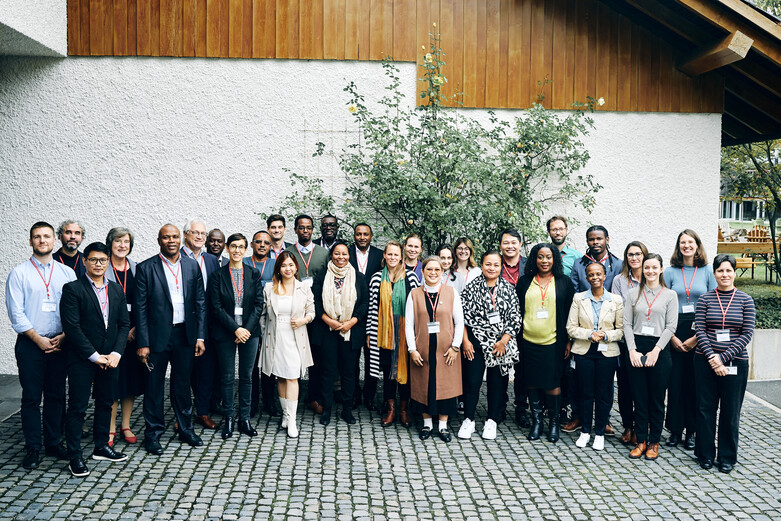Improving approaches to human mobility in the context of climate change (HMCCC)
Global Programme – Human Mobility in the Context of Climate Change II in Global, Fiji, Philippines, ECOWAS
-
Client
German Federal Ministry for Economic Cooperation and Development (BMZ)
-
Country
Global, Fiji (Pacific), Philippines, ECOWAS (West Africa)
-
Political sponsors
More
-
Runtime
2023 to 2027
-
Products and expertise
Security, reconstruction, peace
Context
The negative impacts of climate change are already influencing migration today. In the future, this situation will be exacerbated by more frequent and more severe extreme weather events and by rising sea levels.
Migration often takes place within national borders, and immobility is an increasing challenge. The populations in atoll and island states and in the coastal regions of the Philippines and West Africa are particularly hard hit.
Global frameworks and initiatives recognise climate change as a driver of migration and migration as a climate adaptation strategy and are calling for solutions. Measures for dealing with human mobility in the context of climate change (HMCCC) are vital for survival for the population groups affected. Governments and other relevant actors therefore require application-based knowledge and skills to test and implement measures and share their experiences with partners.
 © GIZ/Sofia Rodrigues
© GIZ/Sofia RodriguesObjective
The international, national and regional implementation of climate-resilient and gender-responsive approaches to HMCCC has improved.
Approach
The programme advises the German Federal Ministry for Economic Cooperation and Development (BMZ) and supports pilot measures with selected partners in West Africa, the Pacific and the Philippines. It builds on gender-sensitive and gender-responsive results and comprehensive HMCCC knowledge and strategy documents from the first project phase.
The programme focuses on policy advice and capacity development for regional organisations and national governments. At the same time, it addresses knowledge gaps and supports communication between governments, regional organisations, researchers and climate and migration organisations. Knowledge gained is shared in international forums. During implementation, there is an emphasis on providing particular support to vulnerable groups.
Last update: April 2024





